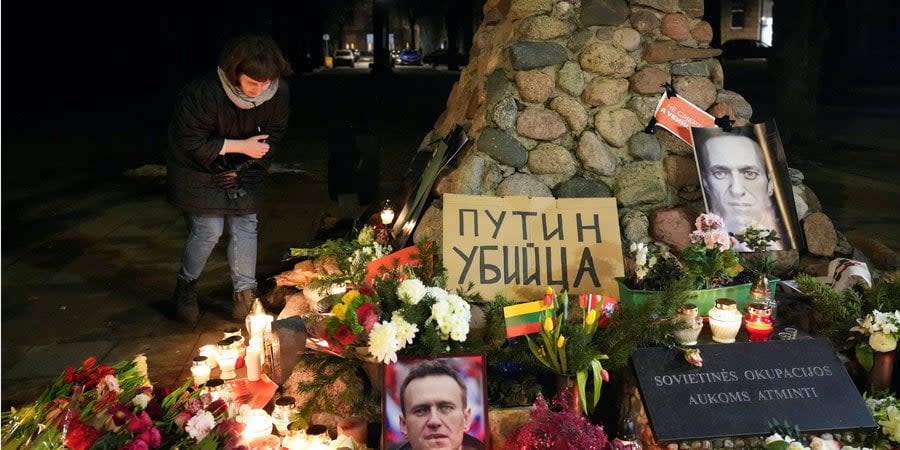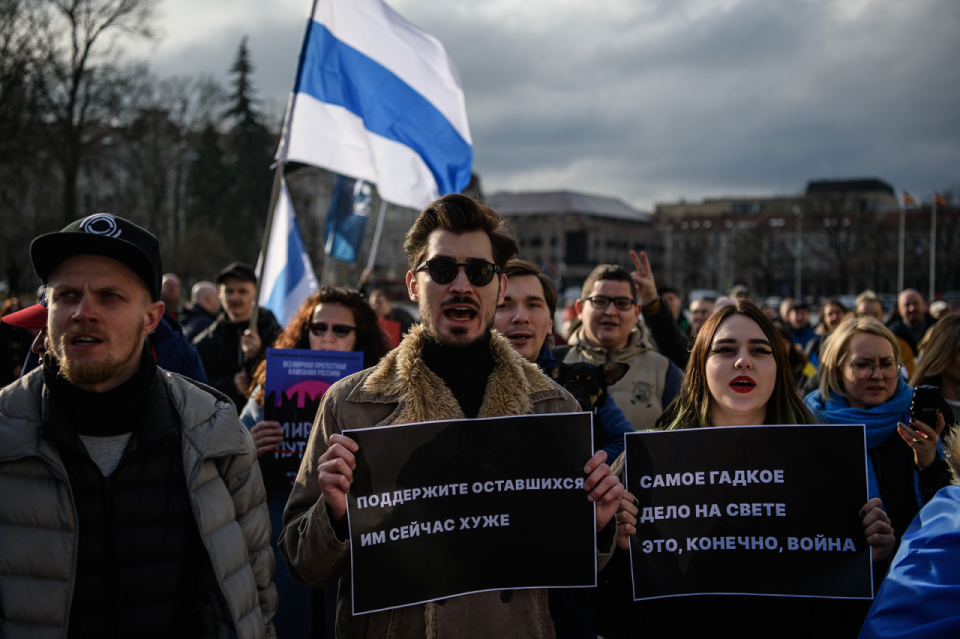Lithuania worries about its burgeoning Russian diaspora

The influx of Russian activists and refugees from Ukraine and Belarus to Lithuania is causing concern to Lithuanians who have struggled to preserve their culture and language through Soviet occupation, the New York Times reported.
A democratic 'mini-Russia' has emerged among the baroque and gothic buildings of old Vilnius, comprising Russian dissidents forced to leave the country for fear of arrest.

"This is what Russia could look like without Putin," said Anastasia Shevchenko, an opposition activist who came to Vilnius from southern Russia's Rostov-on-Don following two years of house arrest.
About 11,500 Russian-speaking students are now enrolled in 14 Russian-language schools in Vilnius - holdovers from the Soviet days.
This represents a 20% increase in just three years.
This trend, born out of the migrants’ desire to raise their children outside Russia, will create a new generation of Lithuanian residents who speak only Russian, segregating them from the broader society and making them more susceptible to false dictatorship narratives, especially from Russian dictator Vladimir Putin and Belarusian dictator Aleksandr Lukashenko.
Lithuanian authorities and citizens have observed the influx of prominent Russians with curiosity and suspicion, admitting that most focus on supporting the political struggle inside Russia, leaving no time or incentive to deepen ties with their host country.
"They do not perceive Lithuania as their homeland," Vilnius’s deputy mayor, Arunas Sileris said.
"And this is a threat."
We’re bringing the voice of Ukraine to the world. Support us with a one-time donation, or become a Patron!
Read the original article on The New Voice of Ukraine

